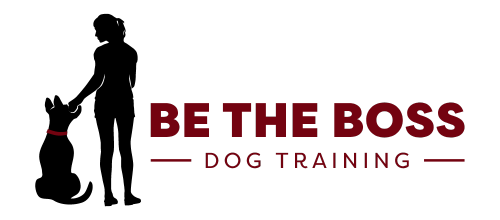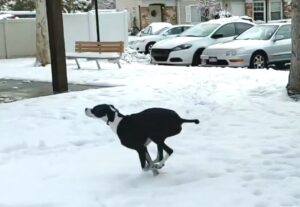“I take my dog on 2 walks a day, and we play fetch in the backyard, and he runs around the house all day, and STILL my dog does not know how to be calm. What am I doing wrong?”
Does this sound familiar? I hear this all the time from my clients. It seems logical that if we “tire” out our dogs then they will be calm inside the home. That they won’t chew on things and act crazy in the home and jump on people. Right?
Wrong.
I have a relative who consistently tries to quit smoking. Just because he goes to the gym and works out, and then goes home and takes a nap does not mean that he has quit smoking. It just means that he is tired from working out. Stopping a behavior is a mental choice, not just a tired body.
Exercising a dog to tire them out will just create a stronger, faster dog that can do the unwanted behavior longer than before.
To teach a dog how to be calm around exciting environments and people you will need to correct unwanted behavior, and then reward behavior that you DO want. If your dog barks at people that come into your home you can correct the barking, and then when the dog is calm and quiet you can reward them.
Stop exercising your dog to try and get good behavior. You will just find yourself frustrated and exhausted, and your dog will be up from their nap soon and ready to go again!
More Tips
Check out our other posts
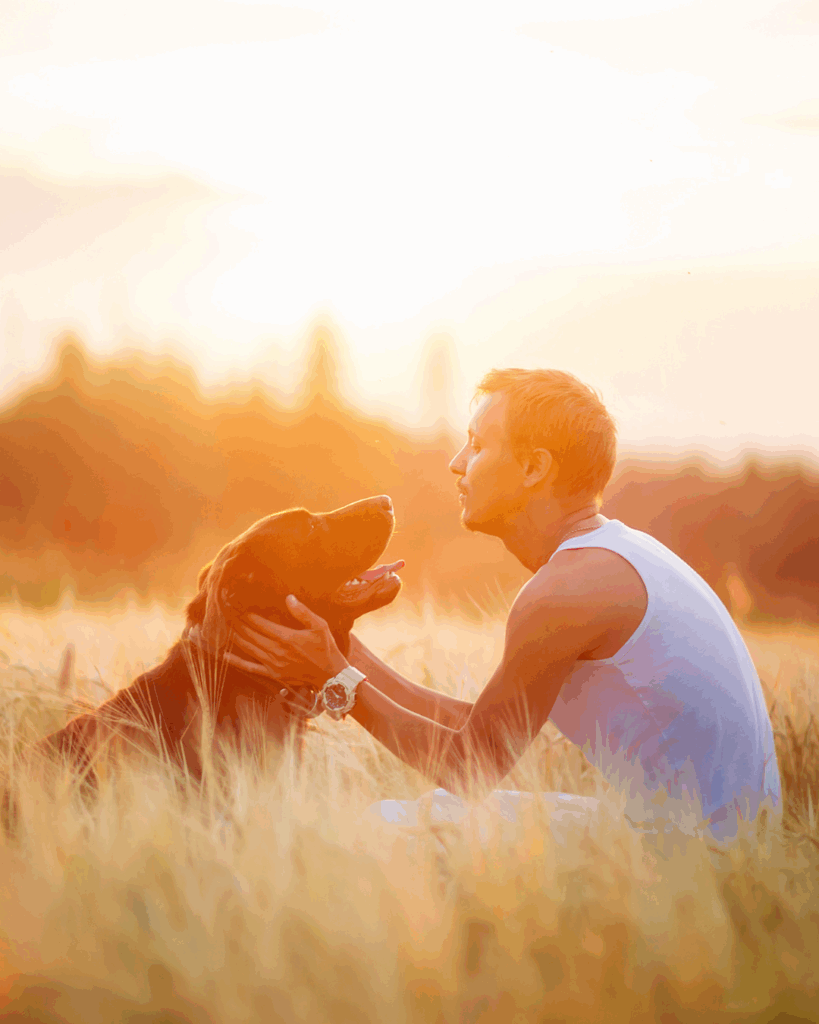
How Long Does It Take to See Progress in Dog Training?
Wondering why your dog’s training feels stuck—or when you’ll finally see real progress?
This blog breaks down the truth behind training timelines and what actually influences how fast your dog learns. From busting the myth of “easy breeds” to showing you what progress really looks like (even if it’s not perfect yet), you’ll get clear, practical insights designed to help you move forward with confidence.
Discover the fastest fixes for frustrating behaviors, why skipping structure always backfires, and how to spot the early signs that your dog is getting it—even if it doesn’t look like obedience just yet.
👉 Tired of guessing how long it’ll take? Click here to read the full blog!
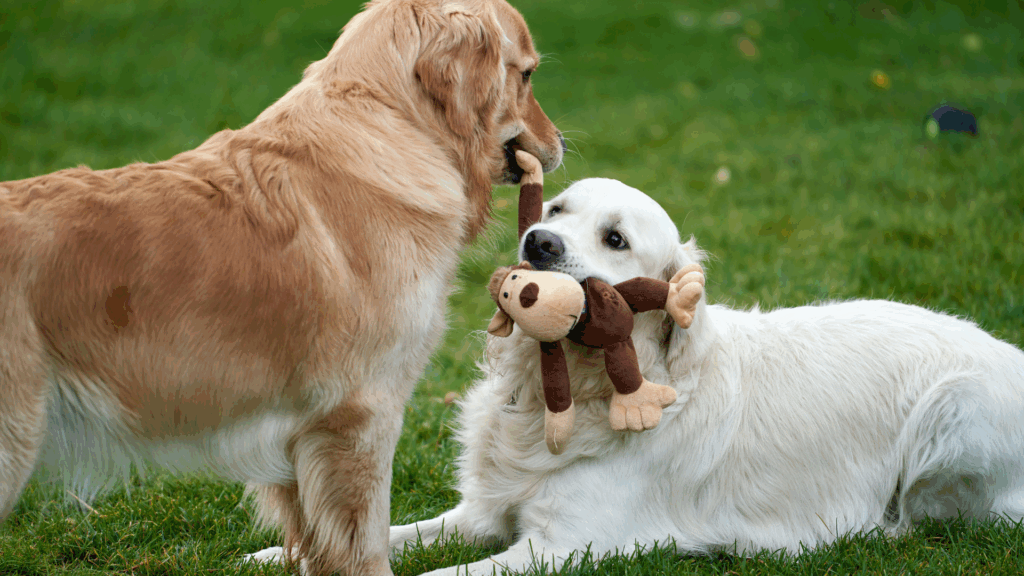
Why Do My Dogs Fight at Home but Get Along Outside?
Tired of peace at the dog park and chaos at home? You’re not crazy—just caught in the middle of some serious pack politics. This blog breaks down why your dogs fight indoors but play nice outside, and what you can do to restore the calm (without giving up your couch). From jealousy to turf wars, you’ll get the clarity and quick wins you’ve been missing.
Are your dogs total angels outside but drama queens at home?
👉 Click here to read the full blog!
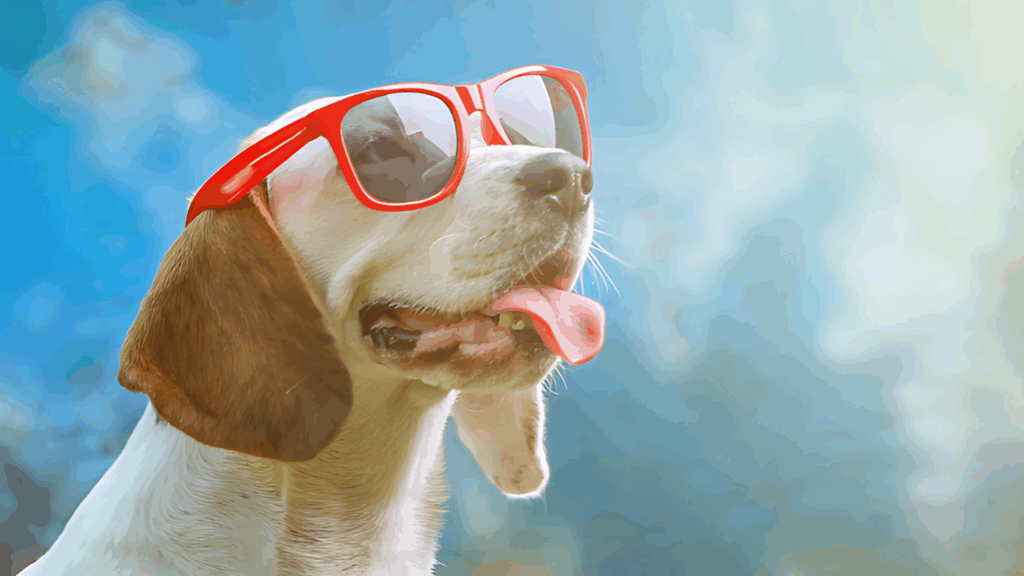
Beat the Heat: How to Keep Your Dog Cool, Calm & Well-Behaved All Summer
Too hot to handle? Don’t sweat it—literally. This summer survival guide shows you how to keep your dog cool, calm, and well-behaved without melting in the heat. From mental games to water play, you’ll get easy, low-effort ways to avoid the “bored and naughty” summer dog syndrome.
Is your dog acting out more now that it’s too hot for regular walks?
👉 Click here to read the full blog!

4 Secrets to Helping Your Reactive Dog Stay Calm Around Triggers
Reactivity isn’t always loud and dramatic—sometimes the biggest breakthroughs happen when nothing happens at all. Calm glances, quiet moments, and subtle check-ins are what retrain your dog’s brain. You don’t need perfection, just consistency and timing. Want to know the 4 secrets that make reactivity training actually work?
👉 Click here to read the full blog!
